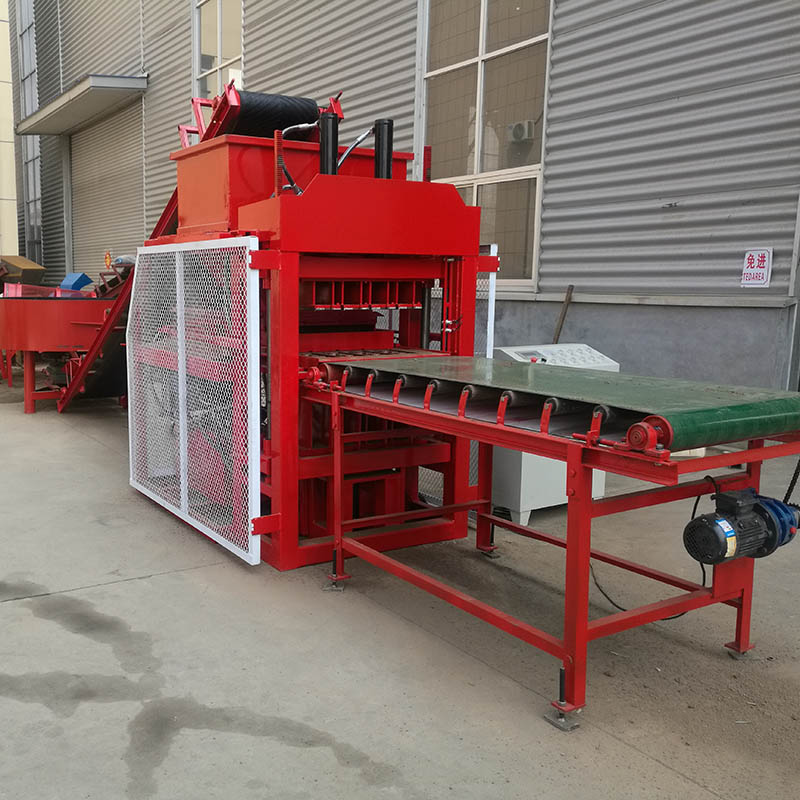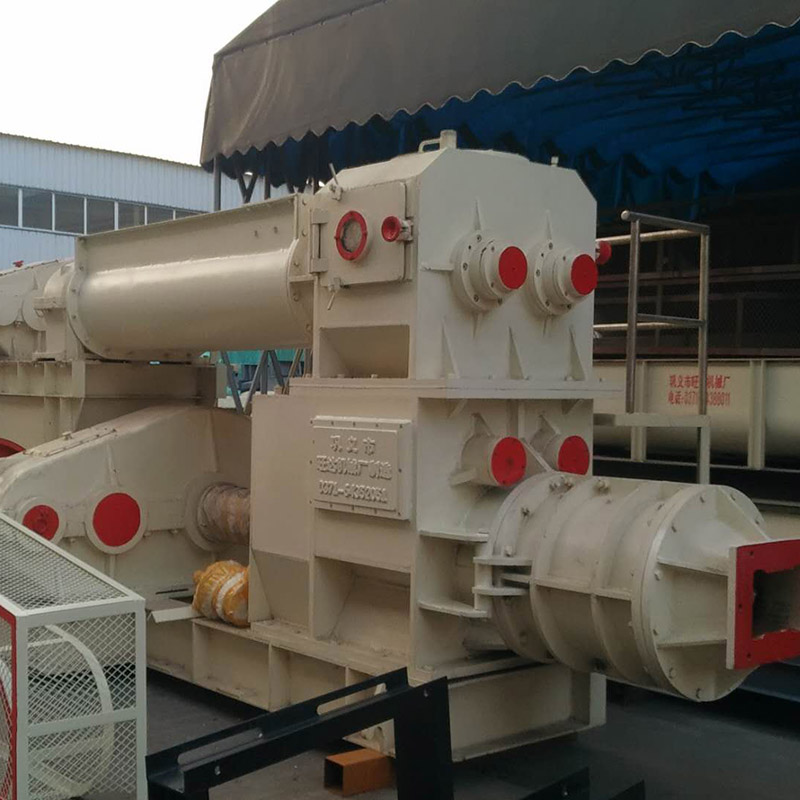As happy as a sand boy!
Have you considered where this term originated? It may be from the old brickyards. Vacuum Extruder

Young children were employed to help the brick-maker.
The brick-maker would have a wooden former in which to throw the clay to make each brick.
To ensure the clay did not stick to the mould, very dry sand would be sprinkled in the mould.
An Island pug boy with his waulks of clay ready on the bench for the brickmaker. (Image: Isle of Wight Society)
A sand boy would be detailed to keep the mould sanded, and always had to make sure the brick-maker had sufficient sand.
The sand had to be kept dry, so it was kept in a heated shed.
When Osborne House was being built in 1774, we read in the accounts that a new Sand House was constructed.
A boy would keep the fire alight and warming the shed. Therefore, his job was one of the few jobs indoors at the brickyard, and an excuse to keep warm – in the sand shed. Result – a happy sand boy!
Ben and Henry Payer lived at 3 Alfred Street, East Cowes and were both pug boys. (Image: Isle of Wight Society)
Child labour was very common in brickyards and the Isle of Wight was no exception.
In the early days, pug boys were used to soften the clay, treading it to the desired consistency with their bare feet.
Later, mechanisation arrived in the form of horse powered pug mills, then steam or electric ones.
The pug boy would collect the heavy clay from the pugmill and form the clay into brick-sized dollops, called waulks, which were placed on the brick-maker’s table ready for use.
Brickmaking, probably in Apse Heath. (Image: Isle of Wight Society)
Early brickmaking was often a family concern, so the wife and all the children would help. As brickyards enlarged on the Island in Victorian times, pug boys were employed.
The Census of 1861 shows that Ben and Henry Payer lived at 3 Alfred Street, East Cowes and were both pug boys, aged ten and 12 respectively.
Their older brother also worked at the East Cowes Park brickyard just along Clarence Road. Many other brickyard workers lived in the same street.
In 1871, legislation initiated by George Smith, a philanthropist, restricted the age of pug boys – they had to be ten years old, but girls had to be 16.
Map showing Minerva Brick and Tile Works in East Cowes. (Image: Isle of Wight Society)
George Smith had experienced working as a pug boy himself from the age of seven, carrying heavy loads of clay, and had wanted the age of boys raised to 12.
In the 1930s, on the Island, boys would start at the brickyards as pug boys as soon as they left school at 14. The hard work was just the same.
The skilled brick maker was highly paid, making 1,000 bricks a day. However the job was seasonal. In the winter the clay was cut from the pit, and stored ready for use in the summer months.
The change came when drying sheds were constructed to dry the bricks ready to fire. Heat from the firing was channelled for this purpose.
The handmade brick gave way to wire cut bricks from extruded clay as the process was modernised.
The last brickyard on the Island, at Rookley Main Road, closed in 1974.
A free exhibition about Isle of Wight Brickyards is now open in Whippingham Church car park, beyond the church hall. The coffee shop is open in the hall Mondays to Thursdays inclusive.
We do not moderate comments, but we expect readers to adhere to certain rules in the interests of open and accountable debate.
Are you sure you want to delete this comment?
This website and associated newspapers adhere to the Independent Press Standards Organisation's Editors' Code of Practice. If you have a complaint about the editorial content which relates to inaccuracy or intrusion, then please contact the editor here. If you are dissatisfied with the response provided you can contact IPSO here
© 2001-2023. This site is part of Newsquest's audited local newspaper network. A Gannett Company. Newsquest Media Group Ltd, 1st Floor, Chartist Tower, Upper Dock Street, Newport, Wales, NP20 1DW Registered in England & Wales | 01676637 |
Data returned from the Piano 'meterActive/meterExpired' callback event.
As a subscriber, you are shown 80% less display advertising when reading our articles.
Those ads you do see are predominantly from local businesses promoting local services.
These adverts enable local businesses to get in front of their target audience – the local community.

Brick Making Machine Cheap It is important that we continue to promote these adverts as our local businesses need as much support as possible during these challenging times.